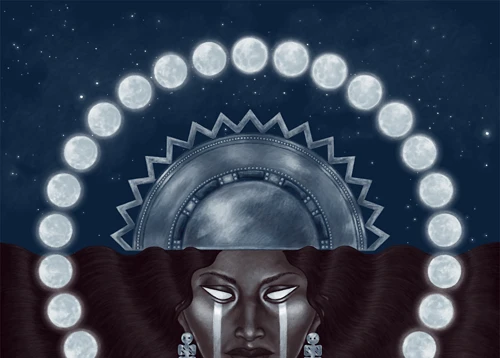The rich tapestry of Yoruba mythology is woven with a captivating blend of gods, spirits, and ancestors, each with their unique role in the divine pantheon. Descending from one of the oldest civilizations in West Africa, the Yoruba people have preserved their vibrant mythology for centuries, passing down stories that explore the origins of life and the intricacies of the human experience. In this article, we embark on a journey into the mystical realm of Yoruba mythology, delving into the creation myth, the divine deities known as Orishas, the veneration of ancestors, and the ritual practices that form an integral part of Yoruba religious and cultural traditions. Join us as we unravel the enigmatic threads of Yoruba mythology and explore its enduring influence in the African diaspora and beyond.
Contents
- The Yoruba People
- Creation Myth
- Divine Pantheon
- Veneration of Ancestors
- Rituals and Offerings
- Yoruba Mythology in African Diaspora
- The Influence of Yoruba Mythology
- Conclusion
- Frequently Asked Questions
- References
-
Frequently Asked Questions
- What is Yoruba mythology?
- Who are the Yoruba people?
- What is the creation myth in Yoruba mythology?
- Who is Olodumare?
- Who are the Orishas?
- How are ancestors venerated in Yoruba culture?
- What are the rituals and offerings in Yoruba mythology?
- How does Yoruba mythology influence the African diaspora?
- What is the significance of Yoruba mythology in contemporary society?
- What can we learn from Yoruba mythology?
- References
- Read More
The Yoruba People
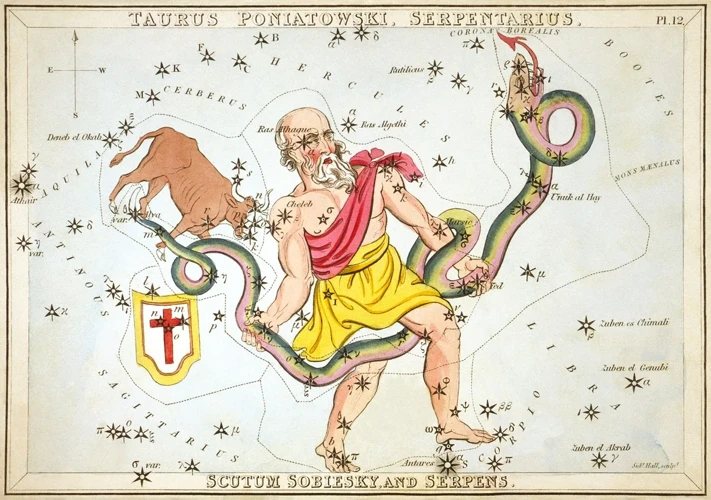
The Yoruba people are an ethnic group predominantly found in Nigeria, as well as in neighboring countries such as Benin and Togo. With a population of over 40 million, the Yoruba have a rich cultural heritage that encompasses their vibrant mythology. The Yoruba civilization is one of the oldest in West Africa, and its mythology forms an integral part of their religious and cultural traditions. The Yoruba believe in a supreme deity known as Olodumare, who is revered as the creator of all things. They also venerate a pantheon of divine spirits called Orishas, who serve as intermediaries between humans and the divine realm. The Yoruba people place a strong emphasis on the veneration of their ancestors, honoring them through rituals and offerings. Divination and consultation with spiritual practitioners are common among the Yoruba, as is the practice of making offerings and sacrifices to gain favor from the gods. The influence of Yoruba mythology extends beyond West Africa, particularly through the African diaspora. In the Americas, Yoruba mythology has merged with local beliefs, giving rise to syncretic religions such as Santeria in Cuba and Candomble in Brazil. This enduring influence is a testament to the profound impact that Yoruba mythology has had on cultures around the world.
Creation Myth
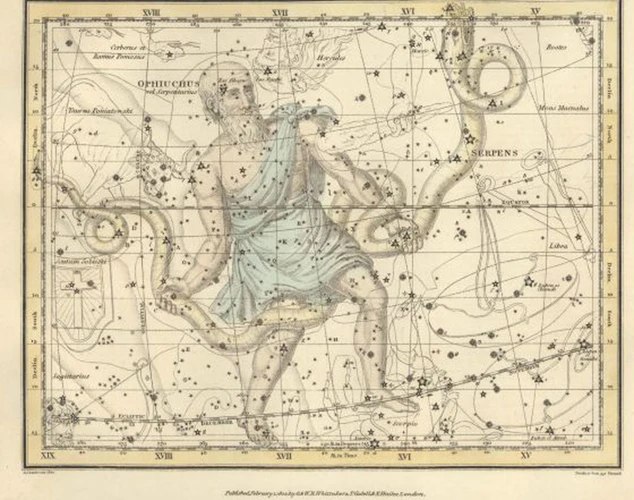
According to Yoruba mythology, the creation of the world was a complex and intricate process. It begins with the existence of only water and a supreme deity known as Olodumare. Olodumare decided to bring forth the physical realm by sending down a chain. This chain was lowered by the god Oduduwa, who descended from the sky and planted it on the ocean floor. On top of the chain, various entities began to descend, including animals, plants, and eventually, humans. One of the key figures in Yoruba creation myth is the god Obatala, who is believed to have been tasked with shaping the physical forms of humans from clay. However, a series of missteps by Obatala resulted in the creation of imperfect beings. This flaw led to the idea that life is filled with challenges and imperfections. Despite these setbacks, the Yoruba creation myth emphasizes the interconnectedness of all beings and the divine guidance that exists within the fabric of existence. Through this myth, the Yoruba people seek to understand the origins of life and their place within the universe.
Divine Pantheon
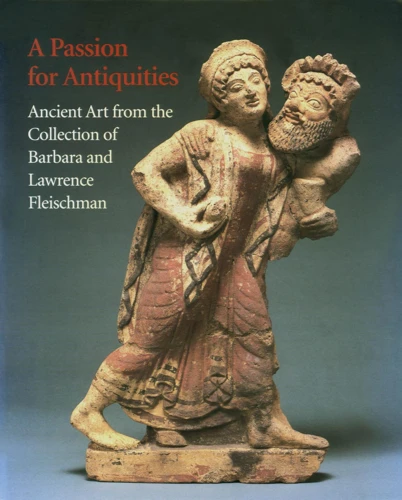
At the heart of Yoruba mythology lies a diverse and intricate divine pantheon, filled with gods, spirits, and mythical beings. The Yoruba people believe in the existence of a supreme deity called Olodumare, who holds the highest authority and is associated with creation and ultimate power. Alongside Olodumare, there is a vast array of Orishas, divine spirits who embody specific natural forces and aspects of human existence. Each Orisha has a distinct personality, domain, and role within the Yoruba cosmology. For instance, Ogun is the god of iron and war, while Yemoja is the goddess of the ocean and motherhood. The Orishas serve as intermediaries between the human and divine realms, providing guidance, protection, and blessings to individuals and communities. Their stories and attributes are passed down through generations, shaping the beliefs and practices of the Yoruba people. Through rituals, offerings, and devotion, the Yoruba honor and connect with these powerful beings, seeking their assistance and favor in various aspects of life. The divine pantheon of the Yoruba is a testament to their reverence for the supernatural and the significant role it plays in their spiritual and cultural identity.
Olodumare – The Supreme Deity
Olodumare, also known as Olorun, is the supreme deity in Yoruba mythology. Revered as the creator of all things, Olodumare occupies the highest position in the divine pantheon. In Yoruba cosmology, Olodumare is believed to reside in a spiritual realm called “orun,” which is beyond human comprehension. Olodumare is considered to be the source of all energy and life force, the ultimate power that governs the universe. Depicted as a transcendent and omnipotent being, Olodumare is often associated with qualities such as wisdom, justice, and infinite power.
In Yoruba mythology, Olodumare is considered to be distant from human affairs and is not directly worshipped. Instead, the Yoruba people believe that Olodumare bestowed divinity upon lesser deities called Orishas, who act as intermediaries between humans and the supreme deity. This portrayal of Olodumare highlights the belief that humans cannot comprehend the true essence of the divine, and therefore, it is through the Orishas that individuals can establish a connection with the spiritual realm.
It is important to note that Yoruba mythology does not attribute human attributes or characteristics to Olodumare. Unlike other deities in the pantheon, Olodumare is considered to be beyond human comprehension and is often depicted as an abstract concept rather than a concrete figure. This characteristic signifies the sublime nature of Olodumare as a transcendent force that surpasses human understanding.
The importance of Olodumare in Yoruba mythology lies in the belief that this supreme deity is the creator of all things and the ultimate source of life. The reverence for Olodumare serves as a fundamental aspect of Yoruba cosmology, establishing the foundation upon which the entire divine pantheon and religious practices are built. The intricate relationship between Olodumare and the Orishas forms a central aspect of Yoruba religious beliefs and rituals, demonstrating the complex and profound nature of the supreme deity in this vibrant mythology.
Orishas – The Divine Spirits
In Yoruba mythology, the Orishas are revered as the divine spirits that serve as intermediaries between humans and the supreme deity, Olodumare. These powerful entities embody various aspects of nature, human emotions, and cosmic forces. There are countless Orishas, each with their own unique characteristics, domains, and roles in the Yoruba pantheon. Among the prominent Orishas is Oshun, the goddess of love, beauty, and fertility. She is associated with rivers, honey, and the color yellow. Ogun, the god of iron and war, is known for his strength, courage, and determination. Yemaya, the goddess of the ocean, represents motherhood, nurturing, and the mysteries of the deep sea. These are just a few examples of the vast array of Orishas honored by the Yoruba people.
The Yoruba believe that each individual has a personal Orisha, known as their “guardian Orisha” or “head Orisha,” that guides and protects them throughout their life. This personal connection with the divine spirits is cultivated through rituals, offerings, and initiations conducted by Yoruba priests and priestesses. These spiritual leaders serve as intermediaries between the human realm and the realm of the Orishas, facilitating communication, healing, and harmony.
The Orishas are not only revered within the Yoruba culture but have also gained recognition and reverence in the African diaspora. In syncretic religions such as Santeria, Candomble, and Vodou, the Orishas have merged with Catholic saints and other ancestral spirits, creating unique spiritual traditions that blend elements of Yoruba mythology with local beliefs. This blending of cultures and traditions has given rise to vibrant and diverse religious practices in the Americas and the Caribbean.
The influence of the Orishas goes beyond religious practices. Their archetypal qualities and symbolic significance have inspired artists, writers, and scholars worldwide. The Orishas embody universal themes and concepts that transcend cultural boundaries, making them relatable and captivating to a global audience. Their stories and attributes provide insight into human nature, offer guidance in navigating life’s challenges, and inspire spiritual growth and transformation.
As we explore the realm of the Orishas, we gain a deeper understanding of the intricate tapestry that is Yoruba mythology and its profound impact on both the Yoruba people and the world at large. The Orishas serve as a bridge between the divine and the mortal, offering guidance, protection, and inspiration to all who seek their blessings. Their presence is a testament to the enduring power and beauty of Yoruba mythology throughout history and into the present day.
Veneration of Ancestors
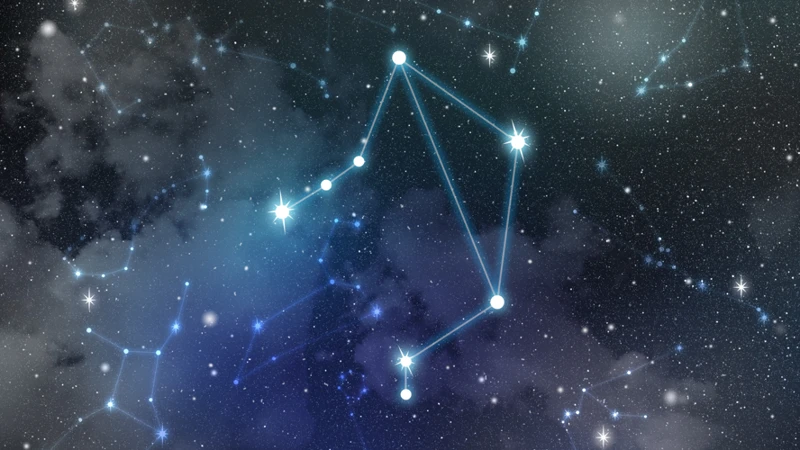
The veneration of ancestors holds a central place in Yoruba religious and cultural practices. The Yoruba people believe that their ancestors continue to play a significant role in their lives even after death. Ancestors are viewed as intermediaries between the human world and the spirit realm. They are believed to possess wisdom, guidance, and the ability to influence the lives of their living descendants. In Yoruba mythology, ancestral spirits are honored and revered through various rituals and offerings. Ancestral altars, known as “egungun shrines,” are commonly found in Yoruba households. These shrines serve as a space for communication and connection with the ancestors. Offerings such as food, drinks, and other objects are placed on the shrine to show respect and gratitude. Ancestral veneration is not limited to individual households but also extends to communal settings. The Yoruba people celebrate ancestral festivals, such as the Egungun festival, where masks and costumes are worn to represent the spirits of the ancestors. During these festivals, dances, music, and rituals are performed to honor and connect with the ancestral spirits. The veneration of ancestors is deeply ingrained in Yoruba culture, providing a sense of continuity, guidance, and spiritual connection to the past. It serves to strengthen the bond between the living and the deceased, ensuring the preservation of ancestral wisdom and the enduring presence of the ancestors in the lives of the Yoruba people
Rituals and Offerings
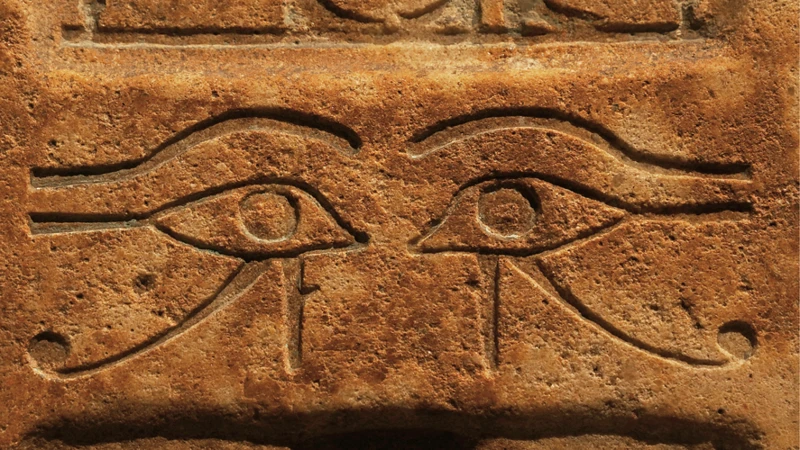
Rituals and offerings hold a significant place in Yoruba mythology and are deeply ingrained in the religious practices of the Yoruba people. Divination and consultation with spiritual practitioners, often known as Ifa priests or priestesses, play a crucial role in seeking guidance from the divine realm. Ifa divination involves the use of the sacred text called the “Odu Ifa,” which contains wisdom and teachings related to various aspects of life. Through divination, the Yoruba seek answers to their questions, guidance for important decisions, and insight into their future. Offerings and sacrifices are also an essential part of Yoruba rituals, as they are seen as a way to establish and maintain a connection with the gods and ancestors. These offerings can include fruits, vegetables, livestock, and other items believed to be pleasing to the deities. The act of offering is seen as a form of communication and gratitude to the divine, ensuring their favor and protection. By engaging in these rituals and offerings, the Yoruba people seek to maintain a harmonious relationship with the spiritual realm and navigate the complexities of life with divine guidance and support.
Divination and Consultation
Divination and consultation hold a prominent place in Yoruba mythology, serving as pathways for seeking guidance and understanding from the divine realm. The Yoruba people believe that through various divination practices, they can gain insight into their past, present, and future. One of the most widely known divination systems is Ifa, which is based on a complex system of signs, symbols, and oral literature. Ifa priests, known as babalawos, are highly skilled in interpreting Ifa divination. During a consultation, the diviner uses a divination tray filled with palm nuts or sacred palm fronds, and through a series of meticulous procedures, they receive messages and advice from the Orishas. Another method of divination practiced by the Yoruba is the use of cowrie shells or obi divination. The diviner casts the shells or obi nuts, interpreting the patterns they create to provide answers to questions posed by the seeker. Divination and consultation sessions are not only sought for personal matters but also to ensure the success of important events such as weddings, funerals, and business ventures. It is important to note that divination in Yoruba mythology is not synonymous with astrology, as it focuses more on the specific messages and guidance from the Orishas rather than the influence of celestial bodies. The practice of divination and consultation is deeply ingrained in Yoruba culture, offering individuals a channel to connect with the spiritual realm and seek divine guidance in their lives.
Offerings and Sacrifices
Offerings and sacrifices play a significant role in Yoruba mythology, serving as acts of devotion and reverence towards the divine beings. The Yoruba believe that through these rituals, they can establish a connection and seek blessings from the gods and ancestors. Offerings can take various forms, including food, drinks, herbs, and animal sacrifices. The choice of offerings is carefully considered, as each deity has specific preferences and taboos. For example, offerings to the goddess of love and fertility, Oshun, often include items such as honey, oranges, and sweets, symbolizing her attributes. Animal sacrifices are also common in Yoruba rituals, with specific animals associated with different deities. The blood of the sacrificed animal is believed to hold great spiritual power and is used to appease the gods. The Yoruba view these offerings and sacrifices as reciprocal acts, where they provide for the deities in exchange for blessings, protection, and guidance. It’s important to note that animal sacrifices are performed in a humane and respectful manner, adhering to cultural and ethical considerations. These rituals connect the earthly realm with the divine, allowing individuals to engage with the spiritual forces that govern their lives. By making offerings and sacrifices, the Yoruba seek to maintain balance and harmony in their relationships with the gods and ancestors, ensuring their continued favor and support. This aspect of Yoruba mythology reflects the deep-rooted spiritual connection and reverence that the Yoruba people hold for their deities and ancestral traditions.
Yoruba Mythology in African Diaspora
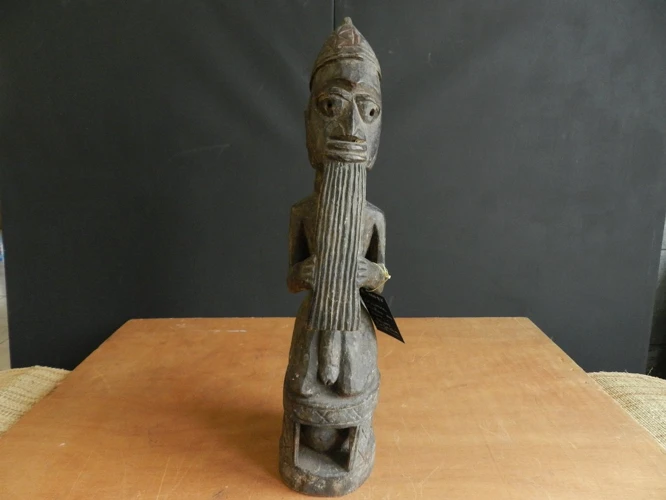
Yoruba mythology has had a profound impact on the African diaspora, particularly in the Americas. During the transatlantic slave trade, millions of Yoruba people were forcibly transported to the New World, bringing with them their rich cultural heritage and religious beliefs. In places such as Cuba, Brazil, Haiti, and Trinidad, Yoruba mythology merged with local traditions and beliefs, giving rise to syncretic religions like Santeria, Candomble, and Vodou. These religions blended elements of Yoruba mythology with Catholicism and indigenous beliefs, creating a unique spiritual landscape that provided solace and empowerment for the enslaved Africans. In these syncretic religions, the Orishas of Yoruba mythology are often identified with Catholic saints, allowing enslaved Africans to continue worshipping their ancestral spirits while appearing to conform to the dominant Catholicism of the colonizers. The complex and intricate rituals of Yoruba mythology were adapted and transformed, providing a sense of cultural continuity and resistance in the face of oppression. Today, the influence of Yoruba mythology can still be felt in the vibrant traditions, music, dance, and artwork of the African diaspora, as well as in the spiritual practices that continue to be passed down through generations. Its enduring presence serves as a testament to the resilience and strength of the Yoruba people and their mythology in the face of adversity.
The Influence of Yoruba Mythology
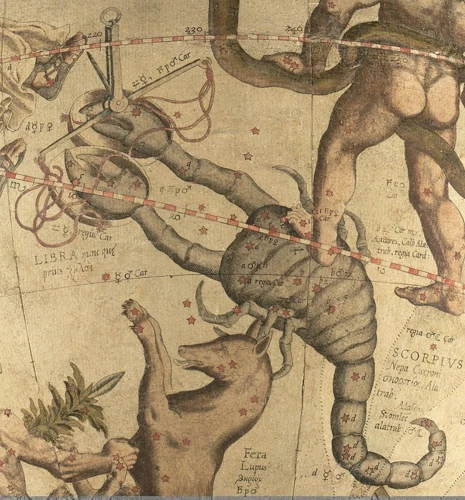
The influence of Yoruba mythology extends far beyond its place of origin. As the African diaspora spread across the globe, Yoruba traditions, beliefs, and religious practices traveled with it. One significant example of the enduring influence of Yoruba mythology is found in the Americas, where it merged with local cultures and gave rise to syncretic religions. In Cuba, for instance, the fusion of Yoruba beliefs with Catholicism resulted in the development of Santeria, a vibrant and complex religious tradition. Santeria incorporates elements of Yoruba mythology, rituals, and deities, blending them with Catholic saints. Similarly, in Brazil, the Afro-Brazilian religion of Candomble emerged, combining Yoruba traditions with indigenous beliefs and Catholicism. These syncretic religions highlight the resilience and adaptability of Yoruba mythology, as it seamlessly integrated into the cultural fabric of the African diaspora. The influence of Yoruba mythology can be seen in various forms of art, literature, and music. Artists and writers, both within and outside the Yoruba community, draw inspiration from its rich imagery, symbolism, and profound philosophical themes. Yoruba mythology continues to captivate and inspire people worldwide, contributing to a greater understanding and appreciation of Africa’s cultural heritage and spiritual traditions.
Conclusion
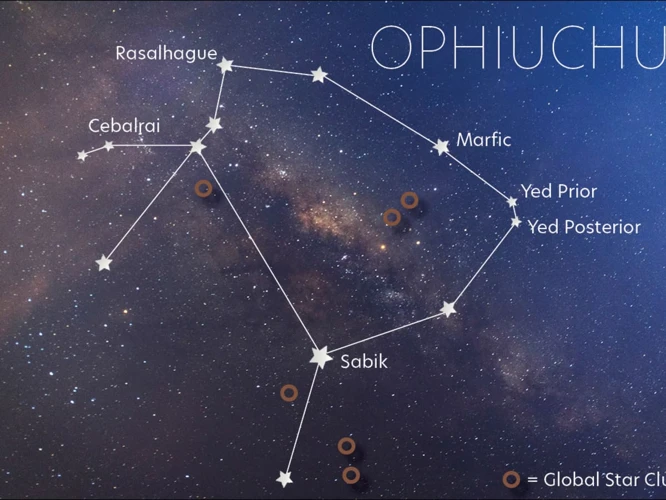
In conclusion, Yoruba mythology offers a captivating glimpse into the beliefs, rituals, and cosmology of the Yoruba people. With its intricate pantheon of gods and spirits, the mythology reflects the Yoruba’s deep connection to the spiritual realm and their reverence for their ancestors. The stories and legends passed down through generations not only provide explanations for the origins of the world but also offer moral lessons and guidance for navigating the complexities of human existence. The rituals and offerings performed by the Yoruba demonstrate their dedication to maintaining a harmonious relationship with the divine forces. The influence of Yoruba mythology extends beyond the Yoruba people, permeating the African diaspora and merging with other cultural traditions to create unique syncretic religions. Whether it is through divination, sacrifices, or the veneration of ancestors, Yoruba mythology continues to shape and inspire countless individuals and communities around the globe. Through unraveling the enigmatic threads of Yoruba mythology, we gain a deeper appreciation for the complex tapestry of human beliefs and the profound impact that mythology has on our collective consciousness.
Frequently Asked Questions

FAQs about Yoruba Mythology
1. Who are the Yoruba people?
The Yoruba people are an ethnic group primarily located in Nigeria, Benin, and Togo. They have a rich cultural heritage that encompasses a vibrant mythology.
2. What is the role of Olodumare in Yoruba mythology?
Olodumare is the supreme deity in Yoruba mythology, revered as the creator of all things and the highest authority in the divine pantheon.
3. Who are the Orishas?
Orishas are divine spirits in Yoruba mythology, serving as intermediaries between humans and the divine realm. They each possess unique qualities and are associated with specific aspects of life.
4. How do the Yoruba venerate their ancestors?
The Yoruba people honor their ancestors through rituals, ceremonies, and offerings. They believe that ancestors have the power to influence the lives of their descendants.
5. What is the significance of divination in Yoruba mythology?
Divination plays a crucial role in Yoruba mythology. It is a means of seeking guidance, connecting with the divine, and gaining insights into the past, present, and future.
6. What types of offerings and sacrifices are made in Yoruba rituals?
Yoruba rituals involve offerings such as food, drinks, animals, and other symbolic items. Sacrifices are made to appease the gods and seek their blessings or protection.
7. How has Yoruba mythology influenced the African diaspora?
Yoruba mythology has had a profound influence on the African diaspora, particularly in the Americas. It has merged with local beliefs, giving rise to syncretic religions such as Santeria and Candomble.
8. What is the connection between Yoruba mythology and astrology?
While Yoruba mythology and astrology have distinct origins, they share some common symbols and beliefs. Both explore the mysteries of the cosmos and the interplay between the divine and human life.
9. What are some popular Yoruba rituals and festivals?
Some popular Yoruba rituals and festivals include the New Yam Festival, Egungun Festival, and Osun Osogbo Festival. These celebrations showcase the Yoruba people’s deep-rooted cultural traditions.
10. How can one learn more about Yoruba mythology?
To learn more about Yoruba mythology, one can explore academic research, read books and articles by experts, visit museums and cultural centers, or engage with practitioners and scholars knowledgeable in Yoruba traditions.
References
Frequently Asked Questions

What is Yoruba mythology?
Yoruba mythology refers to the religious beliefs and stories of the Yoruba people, an ethnic group native to Nigeria and other parts of West Africa. It encompasses a rich collection of gods, spirits, and ancestral figures that form the basis of the Yoruba cosmology and worldview.
Who are the Yoruba people?
The Yoruba people are an ethnic group predominantly found in southwestern Nigeria, as well as some parts of Benin and Togo. They have a rich cultural heritage and are known for their prominent role in the history and development of the region.
What is the creation myth in Yoruba mythology?
According to Yoruba mythology, creation began with the Supreme Deity, Olodumare, who tasked the divine spirit Obatala with forming the Earth. Obatala descended from the heavens on a chain and used a snail’s shell filled with soil to create the Earth.
Who is Olodumare?
Olodumare is the Supreme Deity in Yoruba mythology. Often described as the creator of all things, Olodumare is revered as the ultimate source of power and wisdom. It is believed that Olodumare governs the universe and is responsible for the balance of all natural and spiritual forces.
Who are the Orishas?
The Orishas are the divine spirits in Yoruba mythology. They are considered intermediaries between humans and the Supreme Deity. Each Orisha embodies specific aspects of nature, human characteristics, and spiritual powers. Some popular Orishas include Oshun, Yemaya, and Shango.
How are ancestors venerated in Yoruba culture?
Ancestor veneration, known as Egungun, is deeply ingrained in Yoruba culture. Ancestors are believed to continue to exist and influence the lives of their descendants. They are honored through ceremonies, offerings, and rituals to seek their guidance, protection, and blessings.
What are the rituals and offerings in Yoruba mythology?
Divination and consultation are essential practices in Yoruba mythology. It involves seeking guidance from spiritual mediums or priests known as Babalawos. Offerings and sacrifices, such as food, drinks, and animals, are made to appease and show respect to the deities and spirits.
How does Yoruba mythology influence the African diaspora?
Yoruba mythology has profoundly influenced the African diaspora, especially in the Americas, where many enslaved Africans carried their beliefs and practices. Yoruba deities, known as Orishas, are often merged with Catholic saints in syncretic religions like Santeria, Candomble, and Vodou.
What is the significance of Yoruba mythology in contemporary society?
Yoruba mythology continues to play a significant role in contemporary society, both in Africa and the diaspora. It provides a cultural and spiritual foundation for many Yoruba people, shaping their identity, values, and beliefs, and serving as a source of inspiration and guidance.
What can we learn from Yoruba mythology?
Yoruba mythology offers valuable insights into the intricate interplay between humans, nature, and the divine. It highlights the importance of balance, harmony, and respect for both the seen and unseen forces. It emphasizes the interconnectedness of all life and teaches valuable lessons about morality, virtue, and the quest for knowledge.

